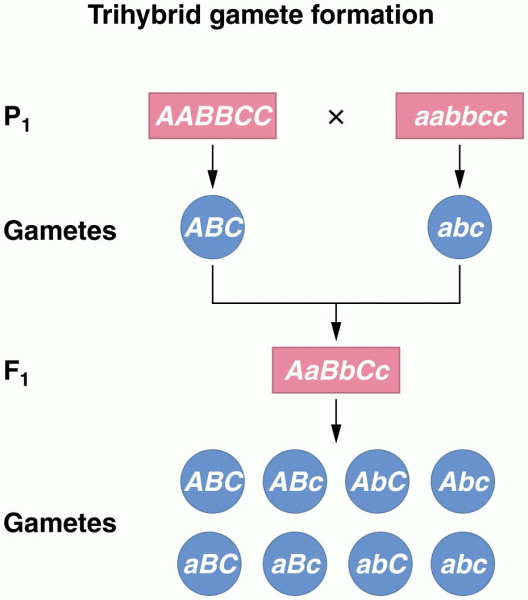|
|
|
Vital signs (blood pressure, temperature, pulse rate, respiration rate) should be taken before any drug administration. Patients should be informed not to use tobacco or caffeine at least 30 minutes before their appointment.
Most fungi that pathogenically affect humans live in soil. If a person is not healthy, has an open wound, or is immunocompromised, a fungal infection can be very aggressive.
Medication errors are more common among seriously ill patients than with those with minor conditions.
About 3% of all pregnant women will give birth to twins, which is an increase in rate of nearly 60% since the early 1980s.
The effects of organophosphate poisoning are referred to by using the abbreviations “SLUD” or “SLUDGE,” It stands for: salivation, lacrimation, urination, defecation, GI upset, and emesis.
 Attachment of transmembrane proteins to the cytoskeleton and extracellular matrix of an animal cell.
Attachment of transmembrane proteins to the cytoskeleton and extracellular matrix of an animal cell.
 An alternating pneumatic compression device squeezes the leg tissues causing blood to move toward th
An alternating pneumatic compression device squeezes the leg tissues causing blood to move toward th





